Communicating With Your Realtor
Communication in the Real Estate Industry is Key to Success
Communication is the key to building trust and rapport with my clients. That is why I always strive to communicate with you in the way that you prefer, whether it is by phone, text, email, or any other channel. You deserve to be treated with respect and care and I want you to feel comfortable and confident when you work with me. I value your time and attention. I know that buying property can be exciting, rewarding and challenging. That is why I will always listen to you attentively, respond to you promptly, and provide you with clear and accurate information.
I want to make your buying experience enjoyable and successful. I also encourage you to ask me any questions you may have about the buying process. I have the knowledge and experience to answer your questions and guide you through every step of the way. If there is something I do not know, I have access to a network of experts who can help me find the answer for you. I want you to be informed and empowered as a buyer.
I am always available for you whenever you need me. You can reach me anytime during my working hours. If you have an urgent issue or a special request, please let me know and I will do my best to accommodate you. You can also schedule a call or a meeting with me in advance if you prefer. I am flexible and adaptable to your needs and preferences. You are my priority, and I will always go the extra mile for you.


